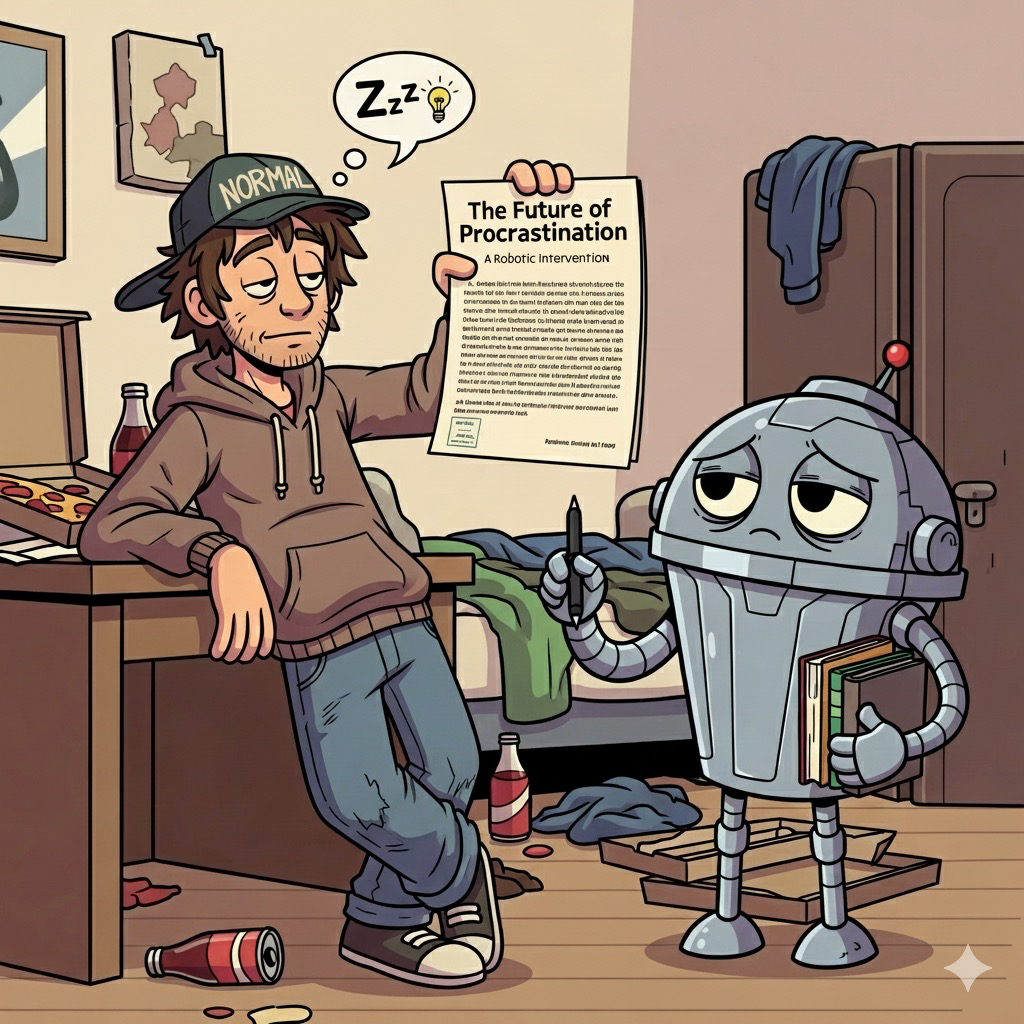
AI Is Making High School Students Dumber By The Minute
A high school senior's firsthand account reveals how AI tools are systematically dismantling critical thinking and academic integrity in classrooms nationwide.
The Midnight Deadline Is Dead
The 11:59 PM Google Classroom submission used to be a shared rite of passage, students frantically polishing essays while group chats exploded with last-minute panic. Now that collective struggle has been replaced by the silent efficiency of ChatGPT. The deadline has lost all meaning when any assignment can be completed in seconds.
One New York high school senior describes watching classmates discreetly photograph Algebra II worksheets and upload them to ChatGPT for instant step-by-step solutions. During discussions on Frederick Douglass’s narrative, students highlight entire chapters and feed them to AI for pre-digested annotations. What was meant to be reflective analysis becomes copy-paste commentary.
The Normalization of Intellectual Bypass Surgery
The most jarring realization isn’t that students cheat, they’ve always found ways to cut corners. It’s how completely normalized AI-assisted academic fraud has become. There’s no shame, no attempt to hide it. Students openly discuss which “AI humanizer” tools work best to remove those pesky “robotic undertones” from generated text.
Schools desperately invest in detection tools and screen-monitoring software, but students consistently outmaneuver them. They sneak phones into locked-down exams, manually edit AI output to sound more natural, and share workarounds like trade secrets. The cat-and-mouse game has tilted decisively toward the mice.
The Emptying of Intellectual Spaces
Even traditionally AI-resistant activities like debate team have succumbed. Where students once relished building arguments from scratch and responding to curveball counters, they now arrive with pre-generated AI arguments polished with possibly invented data. The intellectual rigor that made these activities valuable has been hollowed out.
The fundamental question students now ask isn’t “How do I learn this?” but “Why bother learning when I can get an A for outsourcing my thinking to a machine?” This shift from internal growth to external results represents a catastrophic failure of the educational system to adapt.
The Generation of Eternal Novices
The real danger isn’t that students cheat their way through high school, it’s that they’re entering adulthood without the critical thinking skills, grit, or ability to function under pressure that education traditionally cultivated. Chatbots can’t perform open-heart surgery, hold the powerful accountable through investigative journalism, or create ballet.
We’re creating a generation that’s never experienced the productive struggle of learning. When the first real professional or personal challenge arrives, one that can’t be solved by prompt engineering, they’ll have no framework for working through difficulty.
The irony is brutal: The same tools that make school easier to get through are making school equally hard to grow out of. We’re producing eternal novices who can simulate competence without ever developing the underlying skills. The technology that promised to enhance education is systematically demolishing its very purpose.